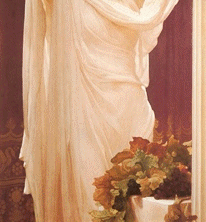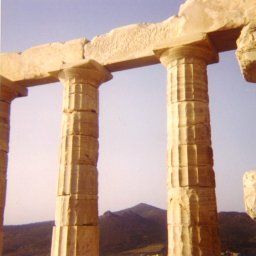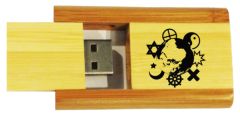
Euripides was born in Salamis in 480 B.C.E. Along with Aeschylus and Sophocles he was one of the three leading ancient writers of tragic plays. Very little is known about his personal life; it is belived that he came from a wealthy family and was politically active. Euripides left Athens in 408 B.C.E. and took up residence in Macedonia under the sponsorship of its king; he died shortly thereafter. He did not win as many competitions as Aeschylus or Sophocles, and was used as a running joke in Aristophanes' plays, where he appears as a satirical character. However his dramas became more popular than the other two 'immortals' as time went by. His greatest works are Alcestis, Medea, Electra and The Bacchae.
|
Hold the world's wisdom in the palm of your hand. Over 1700 books. |
| On Twitter, follow 'sacredtexts.' |
| Sacred-texts on Facebook |
|
|
 Buy a DVD or USB 1700+ books. Support this site. |






